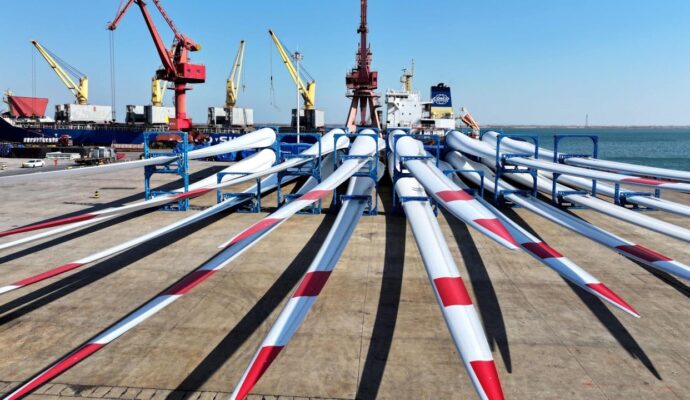Main Findings
- People’s Republic of China (PRC) law enforcement operations function as forms of cognitive and legal warfare. They represent a clear effort to undermine international maritime law as well as Taiwan’s sovereignty.
- The PRC asserts that the Taiwan Strait comprises multiple “zones,” to include “internal waters, territorial sea, [the] contiguous zone, and the Exclusive Economic Zone.” While China does not explicitly claim that the waters of the Taiwan Strait wholly constitute PRC sovereign territory, it clearly implies that it has the self-defined right to exercise distinct forms of control over different zones of the Strait.
- While stressing that China “respects the lawful rights of other countries in relevant waters,” the PRC exploits the absence of the term “international waters” in UNCLOS to assert non-existent sovereignty rights over the Taiwan Strait.
- China is using its Maritime Traffic Safety Law and Coast Guard Law to illegally enforce expansive maritime jurisdictional claims in the Taiwan Strait, East China Sea, and beyond.
- The overzealous execution of “law enforcement” operations in the waters surrounding Taiwan’s outlying islands represents an effort to signal that the Taiwan Coast Guard Administration is incapable of conducing effective patrols. It also reinforces the narrative that the PRC possesses legal jurisdiction over waters within the First Island Chain, thereby undermining the lawful rights of Taiwan and neighboring states.
- The PRC very likely believes that employing China Coast Guard (CCG) and Maritime Safety Administration (MSA) assets to implement a sea-based quarantine would remain below the threshold of conflict, effectively mitigating the risk of escalation and preventing third-party intervention.
- As joint MSA and CCG operations grow in scope, scale, and complexity, China is gradually exercising the skills necessary to seize one of Taiwan’s outlying islands and potentially seek to force Taiwan leaders to the negotiating table.
- Under China’s revised maritime law enforcement legal framework, leaders in Beijing could authorize the establishment of exclusion zones to prevent foreign vessels from entering into and operating in PRC-claimed waters, as well as board and inspect ships within the exclusion zone. China could also potentially attempt to divert ships to regional PRC ports for customs inspection and clearance. Beijing furthermore could authorize the use of “all necessary means”—to include the use of force—to implement its quarantine and counter perceived threats to its national security and sovereignty.
- A PRC decision to implement a quarantine, rather than a full military blockade, would force the United States and its key allies and partners to decide how to react effectively while themselves also mitigating the risk of substantial military escalation. Response options could comprise targeted sanctions or military escorts for commercial vessels carrying critical supplies.
CMSI China Maritime Reports


